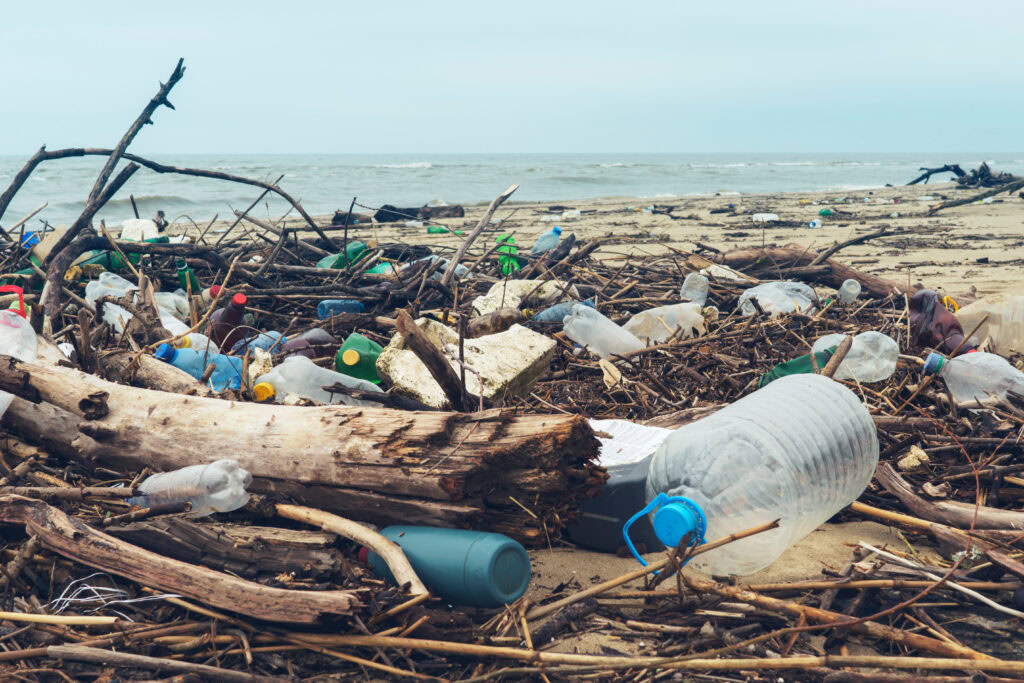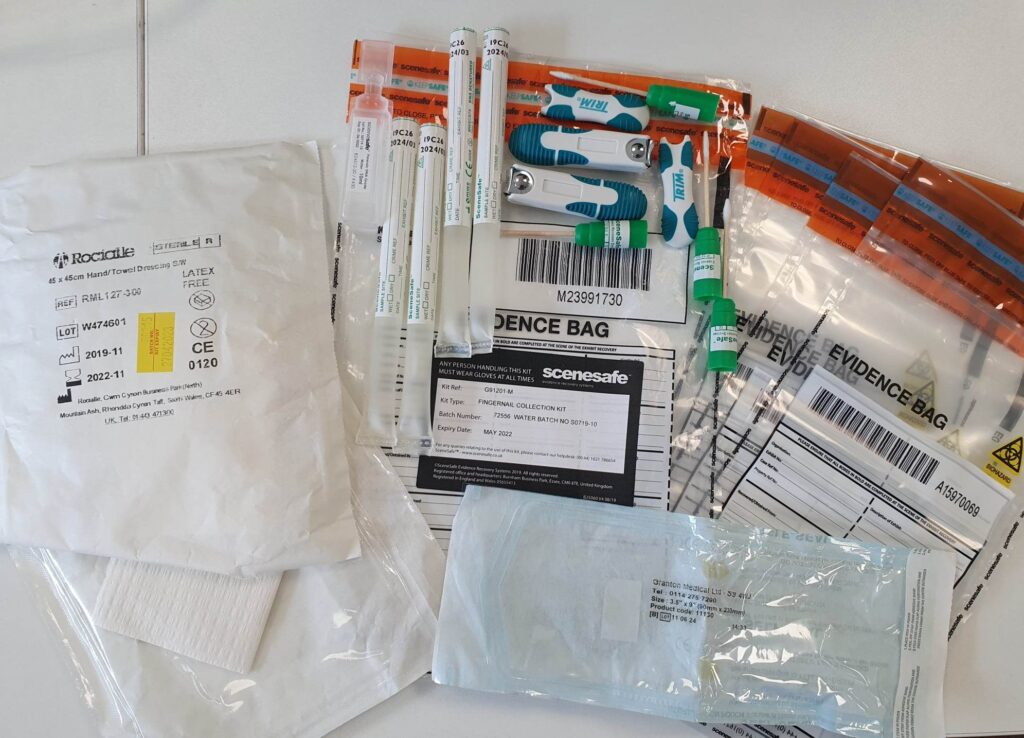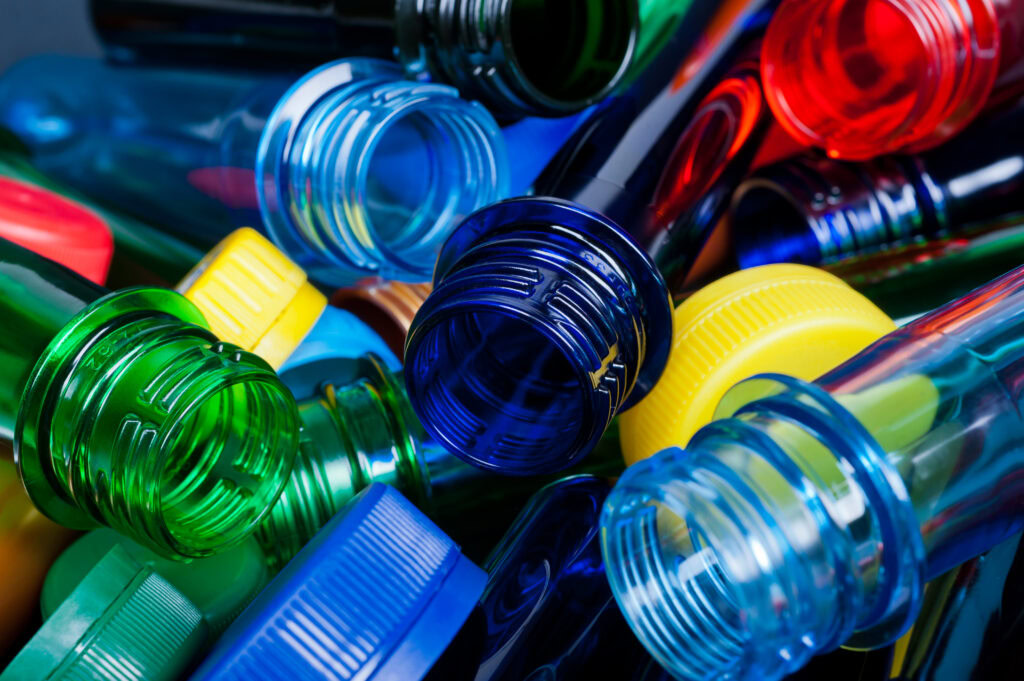But despite overwhelming support for binding global measures to combat plastic pollution, the analysis shows that a small group of countries prioritise profit over environmental concerns. This minority has repeatedly hindered progress in previous negotiations, despite the unanimous decision in 2022 for a comprehensive treaty.
To ensure the success of the treaty by the end of 2024, the WWF said governments must “prioritise key measures” that address the most “harmful aspects of plastic pollution”.
This includes global bans on single-use plastics, binding requirements for product design to promote reduction, reuse and safe recycling, and robust financial support. However, less than 10 countries oppose the rules.
‘Make or break’
Eirik Lindebjerg, global plastics lead at WWF International, said: “INC-4 is make or break for this treaty and we need to gain a lot of ground in quite a short period of time. Therefore, governments must urgently come together on the key global measures that will have the biggest impact on plastic pollution.
“They have the support in the room and the support of their citizens. They now need to make their combined ambition a reality. Anything less at this stage in the negotiations would risk the implementation of a meaningful treaty and accelerate the plastic pollution crisis.”
Rules
The WWF highlights that legally binding global rules would “level the playing field for all countries and companies, driving innovation and investment across the plastics value chain”.
Additionally, the analysis shows it would distribute the burden of addressing plastic pollution more equitably, as currently, low- and middle-income countries bear a disproportionate share of the environmental, social, and economic costs.
Disproportionate
A recent survey from the WWF shows widespread support for a global ban on single-use plastics, which constitute a significant portion of plastic pollution (see letsrecycle.com story).
Adil Najam, president at WWF International, said: “Plastic pollution most often disproportionately burdens low- and middle-income countries, with the bulk of the world’s pollution either imported to or washing up on their shores.
“But this doesn’t mean richer countries are protected from the devastation plastic waste can wreak on communities. This universal suffering is the reason why public surveys show almost unanimous support for a global treaty with common legally binding rules. The vast majority of people worldwide are sick and tired of voluntary half measures. It’s time our leaders put into action what their constituents have been calling for.”











Subscribe for free